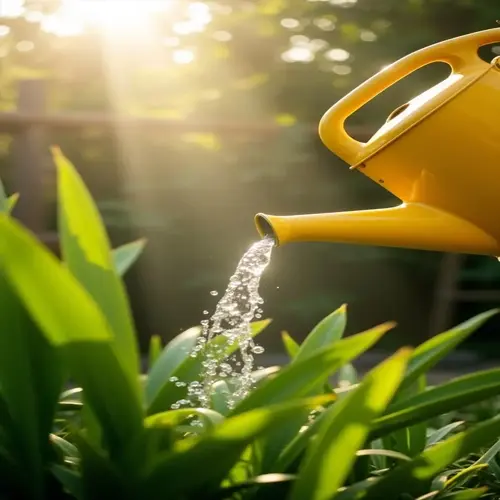Are coffee grounds effective for acidifying soil?

Written by
Olivia Mitchell
Reviewed by
Prof. Samuel Fitzgerald, Ph.D.Despite numerous myths about coffee grounds being acidic and beneficial for the garden, the acidification of soil is minimal. Coffee grounds slightly reduce the pH by about 0.2 units for a couple of weeks at most before they neutralize. They are beneficial as they are nitrogen-rich and still provide N to plants as compost. Still, they fail to deliver lasting acidity. Application after heavy rain also speeds their flow through the pH-neutralizing process and makes them poor amendments.
Acidity Duration
- pH effect disappears within 4-6 weeks after application
- Microbial activity rapidly breaks down acidic compounds
- Rainfall washes away temporary acidity faster
Nutrient Profile
- Provides nitrogen (2%) but negligible sulfur content
- Contains compounds that inhibit seed germination
- May create water-repellent crust when used excessively
Regional Effectiveness
- Performs better in arid climates than humid zones
- Minimal impact in alkaline soils above pH 7.5
- Completely ineffective for blueberries needing pH 4.0-5.0
Reliable long-term outcomes can be achieved with alternative substances, such as elemental sulfur. To lower each desired pH unit, apply elemental sulfur at a rate of 1 pound per 100 square feet. Aluminum sulfate is much quicker-acting but must be handled appropriately. Both of these materials are superior to coffee grounds for real pH manipulation purposes. Always test the soil before and after using these treatment methods.
Use coffee grounds properly as compost additions, not as primary sources of acidity. Combine them with brown materials rich in carbon, such as leaves, to balance the decomposition process. Use no more than 20% of the compost's volume. Avoid direct contact with plant stems to prevent mold problems. They contribute nutrients to your soil, but don't greatly change the pH.
Knowing these differences helps you avoid gardening heartbreak. Acid-loving plants (like blueberries) require consistent, persistently low pH conditions, and coffee grounds can't give you that foundation. Ensure amendments focus on tried and tested methods while utilizing grounds to improve soil structure. Your plants will experience healthier growth when you focus on proper pH management.
Read the full article: 10 Acid Loving Plants for Your Garden

